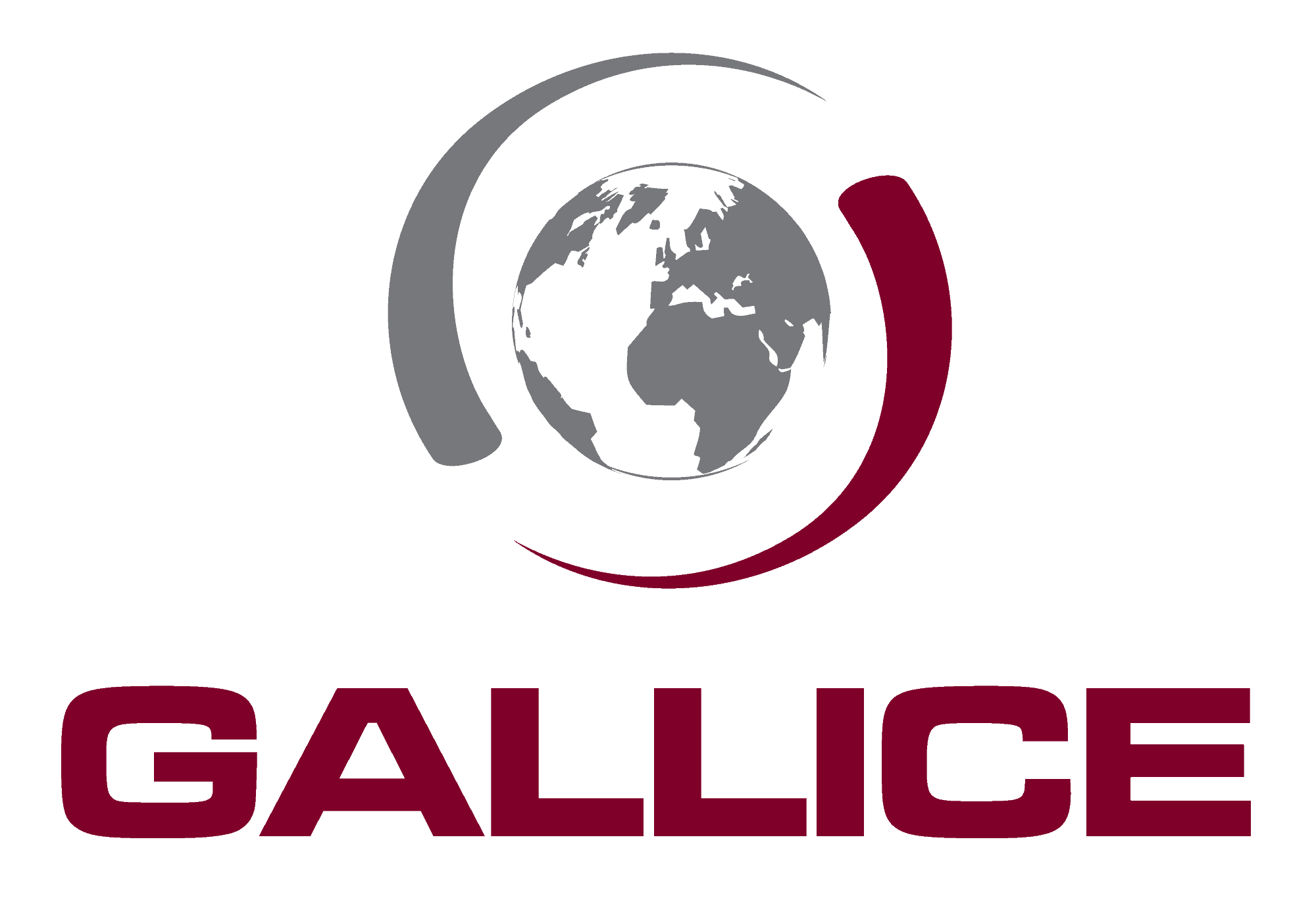ERITREA
In 2025, Eritrea remains one of the most closed and authoritarian regimes in the world, ruled unchallenged since 1993 by President Isaias Afwerki. The country has no functioning parliament, no free elections, no independent press, and no active civil society. Any real or perceived opposition is systematically repressed, and arbitrary detentions are widespread. NGO activity is virtually banned (entry or visa refusals, arbitrary expulsions, constant surveillance, and local collaborators exposed to repression). NGOs are not allowed to travel beyond Asmara without special authorisation.
The internal situation is extremely opaque. Eritreans live under a system of generalised surveillance, and indefinite compulsory national service remains in force. This forced conscription continues to be the main driver of emigration, particularly among young men and women. Irregular migration to Sudan, Ethiopia, or Libya continues on a large scale, despite risks of trafficking, torture, or exploitation.
At the regional level, Eritrea continues to play an ambiguous and often destabilising role. In 2024, Asmara maintained troops in sensitive areas of northern Ethiopia, particularly in Tigray, despite international calls for withdrawal. Relations with Addis Ababa remain tense, despite the 2018 peace agreement.
Tensions also remain high with Djibouti (due to an unresolved border dispute), with Sudan (due to uncontrolled migration flows), and with Western countries, which accuse Eritrea of massive human rights violations. Eritrea is under international sanctions, including from the US and EU, which further deepens its economic isolation.
The country is also accused of maintaining influence networks within the Eritrean diaspora in Europe, through consular services allegedly involved in intimidation, surveillance, and the forced collection of funds.
Tourism in Eritrea is virtually non-existent, apart from a few tightly controlled diplomatic or humanitarian visits. The country is closed to foreign observers, and communications (internet, phone) are extremely limited and closely monitored.
The security climate is difficult to assess due to the lack of access, but risks are considered very high for anyone perceived as critical of the regime or in contact with the local population. Authorities may carry out arbitrary arrests without cause or due process.
As such, all travel to Eritrea is strongly discouraged. Entry requires official authorisation, which is rarely granted, and foreign nationals may face restrictions on movement or hostile treatment if suspected of interference.
